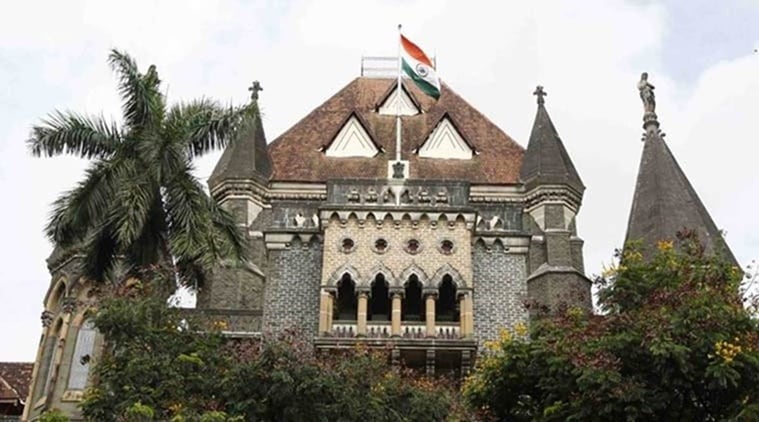 Justice Nalawade, who had carried out a court inspection in Jalna district, noted that police were not asking people entering the district for the necessary passes but make casual inquiry with travellers. (File)
Justice Nalawade, who had carried out a court inspection in Jalna district, noted that police were not asking people entering the district for the necessary passes but make casual inquiry with travellers. (File)
Observing that patients in rural areas of the state and those from underprivileged backgrounds have been unable to access medical facilities and essential services, the Aurangabad bench of the Bombay High Court said such persons can directly approach the court seeking action against public servants or private hospitals.
A division bench of Justices Tanaji V Nalawade and Mukund G Sewlikar made the observations Friday, while hearing, through video-conference, a suo motu public interest litigation (PIL) expressing concerns over administrative decisions to contain Covid-19 in Marathwada and North Maharashtra.
On July 3, expressing dissatisfaction over the lack of coordination between authorities and concern over the “alarming situation” in the districts, the High Court had warned that it may visit Covid-19 quarantine facilities and hospitals to see whether discipline was being maintained. The HC had again pulled up the authorities on July 8 for negligence and shirking their responsibilities during the Covid-19 pandemic.
On Friday, the court observed that a nine-day lockdown in Aurangabad city from July 10, to break the chain of coronavirus spread, was a good initiative and awareness and tests conducted helped in preventing the disease to spread. However, it said no such concrete steps were taken in rural areas of Jalgaon, Jalna and Nanded districts. It also noted that many people from urban areas, such as Mumbai Metropolitan Region (MMR), and Pune, had started returning to native places.
“Even when inter-district travel is prevented till August 31, the people were able to go to those places even without having passes issued by the authority and due to that there is spread of virus in village areas,” the court said and directed the authorities to produce records pertaining to Covid-19 spread in villages.
The bench said the culture in villages, having close contacts with all families, was different from the “flat culture” in the cities, and the residents in rural areas tend to protect each other and try to keep information from authorities. “As there is apparent failure on that front, at present there are more Covid-19 hotspots in rural areas than the cities,” it said.
Justice Nalawade, who had carried out a court inspection in Jalna district, noted that police were not asking people entering the district for the necessary passes but make casual inquiry with travellers.
In view of this, the bench observed, “This approach must have helped in spreading of the virus in the parts of this region. Strict vigil needs to be kept, and unless that is done the authorities will not be in a position to control the things.” It added, “There may not be a necessity like sting operation, but the authorities may send some persons in disguise to confirm that the officers at such points are doing their duty. Unless that is done, things will not improve.”
The high court also passed several directions pertaining to the availability of Covid-19 beds, installation of CCTV systems in isolation wards, lack of oxygen facilities and action against errant public servants, and private hospitals among others. The bench directed that persons from rural areas, aggrieved due to lack of medical facilities and essential services, can directly approach and write to it seeking action against public servants or private hospitals and the same will be considered by the court. Further hearing in the case has been posted on August 4.